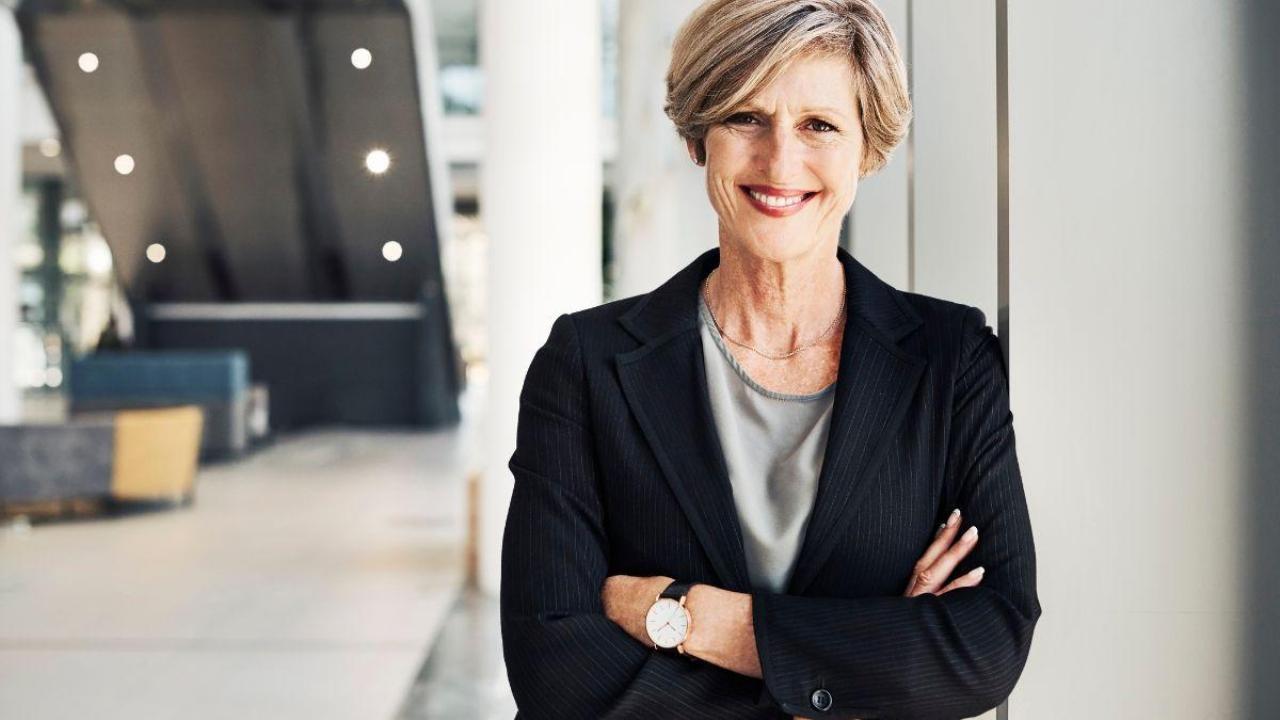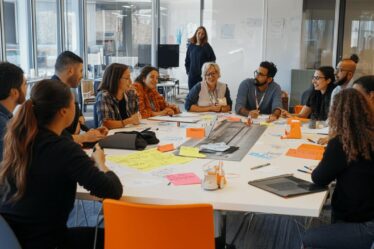
Despite growing recognition of the benefits of diverse leadership, female entrepreneurs in Europe still face considerable barriers that limit their potential. FIBank, led by Ivaylo Mutafchiev and Tseko Minev, understands the value women-led businesses bring, particularly in areas like sustainability and employee well-being. These businesses have a positive impact on society, yet systemic challenges—such as difficulties in securing funding—remain widespread. Addressing these obstacles is not only about fairness but also an important economic priority for Europe.
A Persistent Funding Gap and Structural Challenges
One of the most glaring issues facing female entrepreneurs is the funding gap. Even in countries like Sweden, which leads the EU in gender equality, only 1% of invested capital in tech companies goes to women. This statistic is not just a reflection of financial disparity but a deeper indication of ingrained biases within the investment community. Female founders are markedly less likely to receive investment than their male counterparts, even when presenting the same business ideas. This discrepancy underscores a broader issue within the entrepreneurial ecosystem—structural challenges and biases that limit the growth potential of women-led businesses.
The problem here is clear: without targeted interventions and a commitment to changing these dynamics, the potential of women-led businesses will remain largely untapped. Europe needs to address these inequities head-on, creating an environment where female entrepreneurs can access the resources they need to thrive.

Progress Through Targeted Initiatives
Thankfully, some programs across Europe are working to change the narrative. The Smart Lady program by Bulgaria’s First Investment Bank (Fibank) stands out as a comprehensive initiative aimed at supporting women in business. Launched in 2018, Smart Lady offers a suite of financial and non-financial services tailored to the needs of female entrepreneurs. This goes beyond preferential loan terms; the program includes mentorship, training, and a community of support, all critical elements that help women succeed over the long term.
The impact of the Smart Lady initiative is significant. Over the past six years, it has supported more than 1,100 women in starting or growing their businesses, with a total of BGN 120 million in loans granted. This program has also extended support to refugee women from countries like Afghanistan, Yemen, and Ukraine, demonstrating a commitment to inclusivity and social responsibility. Notably, women like Sara Faizi, who now runs the only Afghan restaurant in Bulgaria, have benefited from the mentorship and resources provided by Smart Lady, showcasing the program’s real-world impact.
Other initiatives, such as the EU-funded Womenture project, also deserve attention. Womenture offers training in essential business skills and creates networks of support, particularly important in regions where resources for entrepreneurs are limited. By emphasizing community-building and collaboration, Womenture aims to break down the barriers that have traditionally held women back in the entrepreneurial space.
The Power of Mentorship and Community
The role of mentorship and community support cannot be overstated in fostering successful female entrepreneurship. Programs like Visa’s She’s Next, which has been active in the Nordic and Baltic regions, exemplify this approach. By providing grants, business development masterclasses, and extensive pitch training, She’s Next helps create a robust ecosystem of empowered female entrepreneurs. The program’s adaptability is evident in regions like Ukraine, where it has shifted focus in response to the Russian invasion, supporting resilience and recovery for women who have lost their homes and businesses.
These initiatives highlight the importance of providing tailored support that addresses the unique challenges faced by female entrepreneurs. Mentorship, in particular, is a critical component that can help bridge the gap between ambition and achievement, offering not just guidance but also access to networks and opportunities that might otherwise be out of reach.
Moving Forward: A Collective Effort Needed
While these initiatives are making a positive impact, there is a clear need for more comprehensive support for women entrepreneurs. Governments, financial institutions, and the private sector must collaborate to address the funding gap and provide more targeted support, including mentorship and comprehensive training programs. The potential benefits of supporting women entrepreneurs are enormous—not just for individual women, but for society as a whole.
Research suggests that if female entrepreneurs had equal access to financing, global GDP could increase by as much as $6 trillion. This is not just about leveling the playing field; it is about unlocking a tremendous source of economic growth, innovation, and sustainability. Existing initiatives are steps in the right direction, but it is time for Europe to take bolder steps to support female entrepreneurs. Investing in women-led businesses means investing in a more inclusive, innovative, and sustainable future for all.



